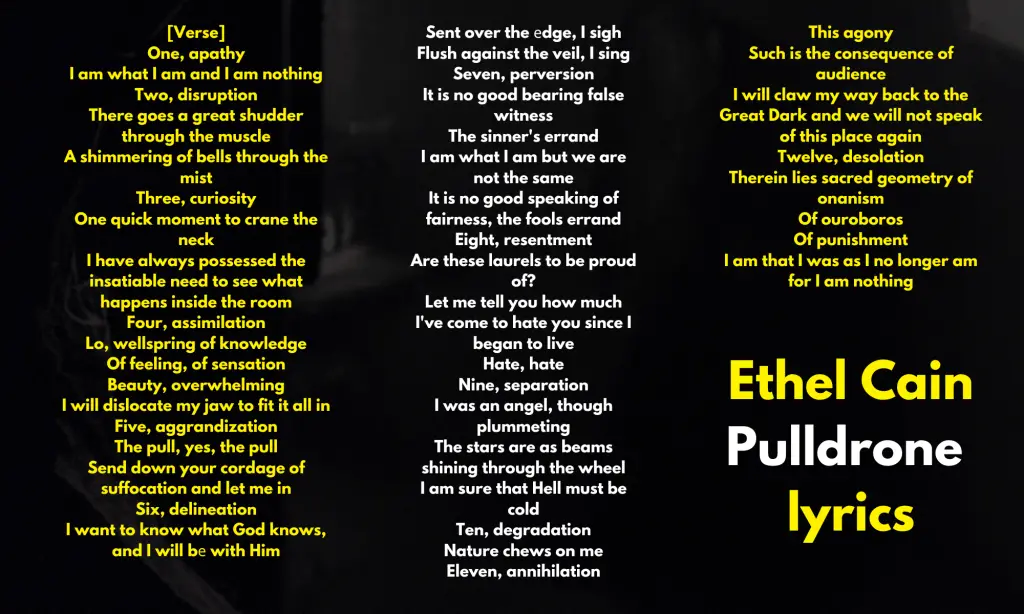
The Role of an “Agent” in an Artist Visa Filing
This is a guest Op-Ed by Pablo G Velez
For international DJs, producers, and live performers looking to tour or work in the United States, securing the right visa is a crucial step and a trusted U.S. agent often plays a pivotal role in making it happen. However, not all “agents” are the same in the eyes of U.S. immigration law. In fact, the term “agent” can mean different things depending on how they are involved in the petition process for O-1B or P-1B visas.
Agent as Employer vs. Agent as Representative
In U.S. Citizenship and Immigration Services (USCIS) filings, an agent may act either as a direct employer or as a petitioner representing multiple employers or events. This distinction matters because it affects how the petition must be structured and what documentation is required.
An agent as employer is typically someone or an entity that has a direct working relationship with the artist. This could be a management company or booking agency that controls the artist’s schedule and pays their fees directly. In this arrangement, the agent must submit a detailed itinerary of performances and a written agreement showing the employer-employee relationship between them and the artist.
On the other hand, an agent as representative—sometimes called an “agent for multiple employers”—serves as a central coordinator, rather than a direct employer. This type of agent files the petition on behalf of the artist, but the actual work is being performed with different venues, promoters, or production companies. In this setup, the agent is not necessarily the artist’s employer but is authorized to act as the point of contact with USCIS. This model is especially useful in the EDM scene, where artists often work with various promoters in different cities or countries for short-term gigs.
Responsibilities of Each Type of Agent
For agents acting as employers, their responsibilities go beyond filing the petition. They must be prepared to provide pay documentation, manage tax reporting, and offer a consistent stream of work. USCIS may ask for evidence of the employer-employee relationship, so contracts and payment records must be in order.
An agent acting as a representative has a more administrative role. They are responsible for organizing and presenting evidence from third-party employers, including signed contracts, tour schedules, and deal memos. USCIS expects a comprehensive itinerary that identifies each stop on the tour, the nature of the events, and the parties involved.
To sum it up…
Understanding the distinction between these two types of agents can make or break a visa petition. Working with a knowledgeable agent—especially one familiar with U.S. immigration procedures—is essential to ensure all parties are properly represented and compliant with USCIS regulations. Whether functioning as an employer or a representative, the agent’s role is not just logistical—it’s legal. And in the world of artist visas, that difference is everything.



